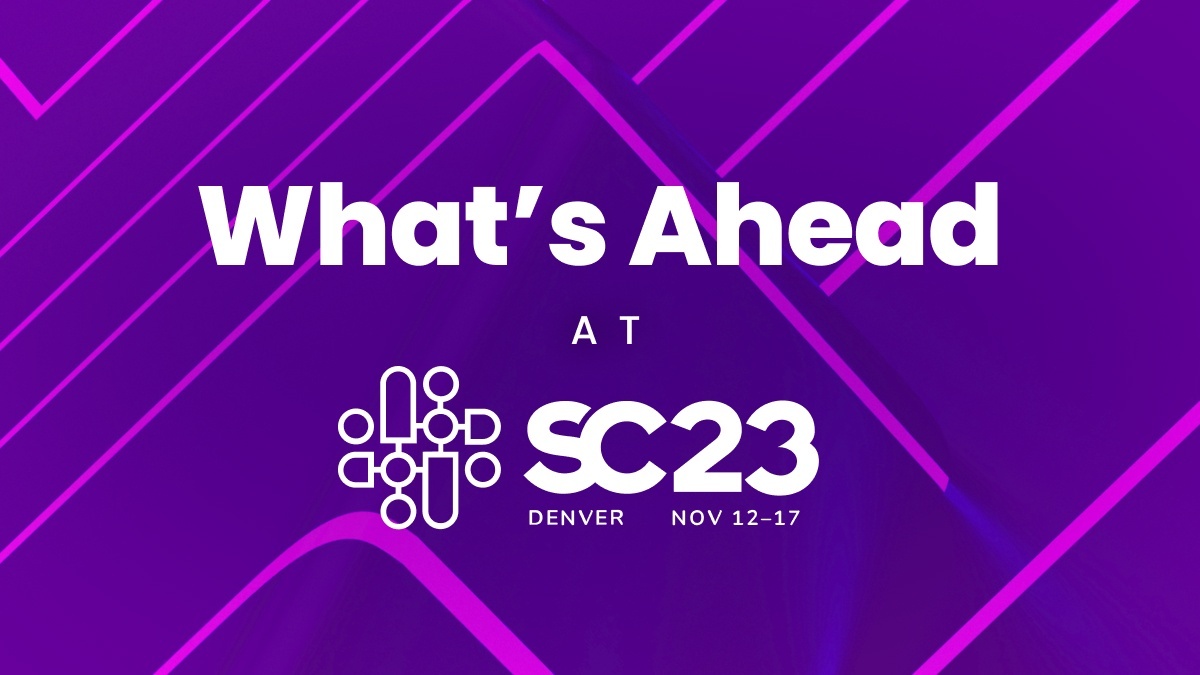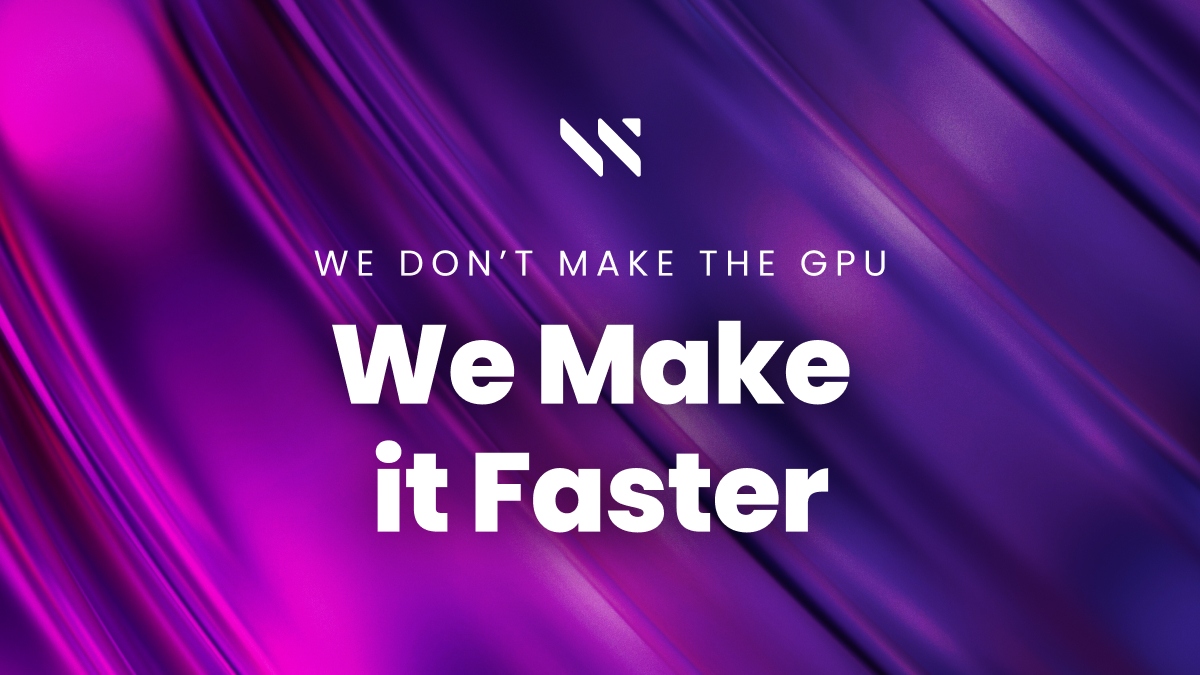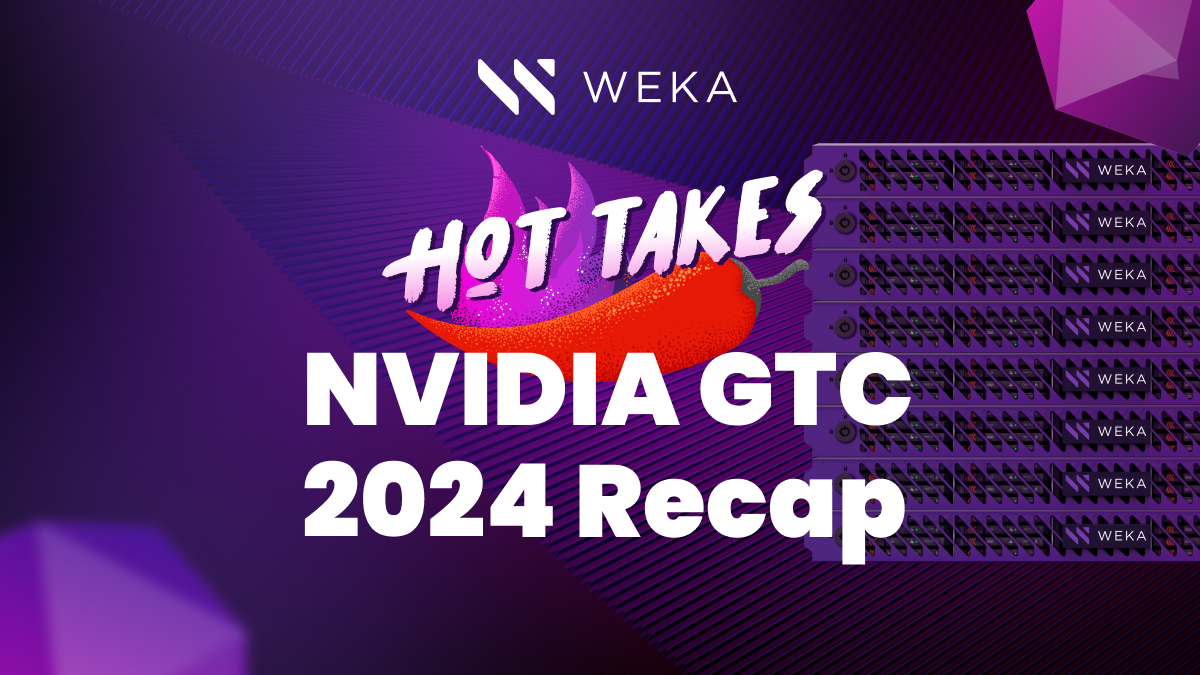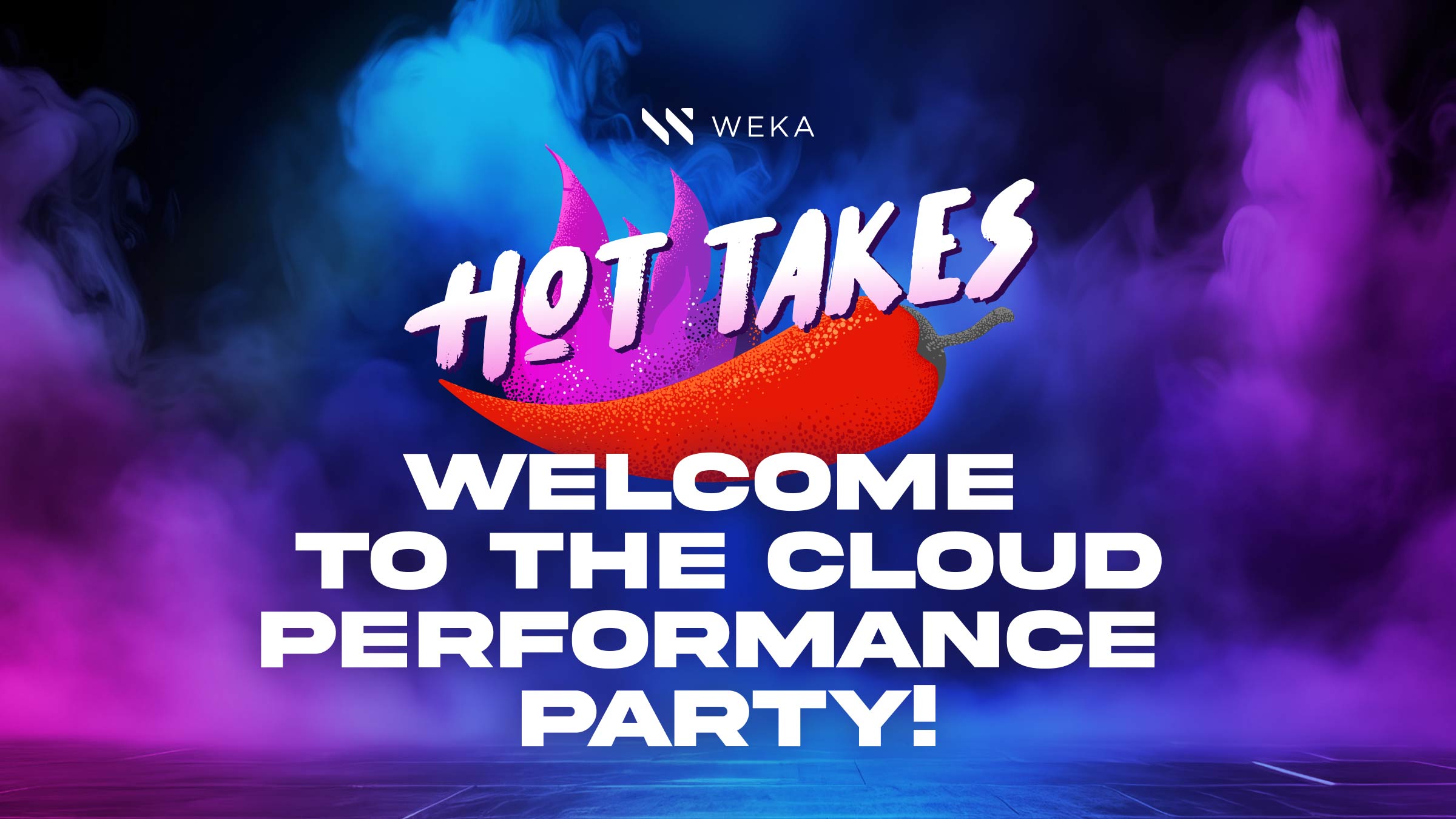What’s Ahead at Supercomputing 23

Next week, Supercomputing ‘23 (SC23) will get underway in the mile-high city of Denver. The theme for this year’s event is “I am hpc” which is a nod to the humanity of the people who research, design, and operate HPC environments. It’s also a nod to the errors people make. HPC is an acronym and should have been capitalized. But I digress…
Last year, I wrote a few thoughts about what the HPC community might see as trends at SC22, and we should both look back to see how well those trends have held up and look ahead to see what might be new this year.
Last Year: Servers with Gen4 CPU and PCIe Gen5 were starting to trickle out the door. 400Gbe NICS and NVMe SSDs that could take advantage of PCIe Gen5 were almost non-existent at that time and only shown as demos.
This Year: The PCIe Gen5 servers, along with all the CPUs, NICs, NVMe devices, etc., are fully mainstream. All major vendors are shipping them, and the options for fast peripherals to match are booming. Expect to see the first demos of really big NVMe SSDs and 800Gbe NICs and switches on the show floor.
Last Year: Need a GPU? See Nvidia. The rest of the GPU players were mostly niche or not mature enough to make a dent in the market.
This Year: Nvidia still dominates, But AMD MI series and Intel Habana GPUs now have reasonably good performance and offer a good bang-for-the-buck in their pricing. They also have spent the time where it matters: Developing libraries to make using these GPUs much easier. They are still behind Nvidia in some cases, but have much more robust offerings than expected. Expect to see more server vendors with options to include AMD and Intel GPU in their offerings.
Last Year: CXL made a splash with the ability to direct connect endpoints and create shared memory pools and showed lots of promise for the future.
This Year: CXL 3.0 will be the showcase, with even faster speeds and newer CXL peripherals and code to help with memory pooling and interconnects. The challenge for CXL will be to turn the ship. It hasn’t had as widespread adoption as expected, and only a few HPC clusters are using it. The Inertia of existing HPC designs is tough to break. Expect it to be slow going for at least another year.
Last Year: AI integration in large simulations and analytics suites was top of mind.
This Year: EVERYTHING Generative AI! GenAI was a faint speck on everyone’s radar, and then when OpenAI released ChatGPT 3.0 in November of 2022, the floodgates opened. This year, I anticipate a lot of demos and conversations about how to efficiently train, re-tune, and enrich various GenAI models and how to make the development process of these models much faster.
I’ll also throw a bit of a wildcard in for what to look for at this year’s show.
Last year: We saw the first vestiges of commercialized quantum computing.
This year: I predict we will see the beginnings of a quantum boom. With multiple companies already showing 100+ qbit systems and IBM announcing earlier this year a 400+qbit system, it seems like we might be on the verge of quantum supremacy for a few workload use cases. I will be walking the expo floor and attending sessions to learn more about quantum computing and where it’s heading. Stay tuned for more thoughts about this in the future.
And what about WEKA? WEKA will again showcase the WEKA® Data Platform and its improvements over the past year. Some of the new things to learn about from our technical team include how we’re continuing to solve the Lots Of Small Files (LOSF) problem and filesystem metadata challenges across everything from traditional HPC and simulation to GenAI and AI, EDA, media and entertainment environments, financial backtesting and more. We’ll also show what’s new with WEKA 4.2, including our enhanced data reduction capabilities, efficient cluster management and multi-cluster attachment, how WEKA performance enables cost-effective HPC in the cloud in any of the major hyperscalers (WEKA 4.2 made Azure integration generally available) and more.
At SC23 WEKA will have demos, a theatre with a wide range of technical presentations, and most importantly, our experts will be on-hand with the deep-dive expertise to help you build your HPC environment.





